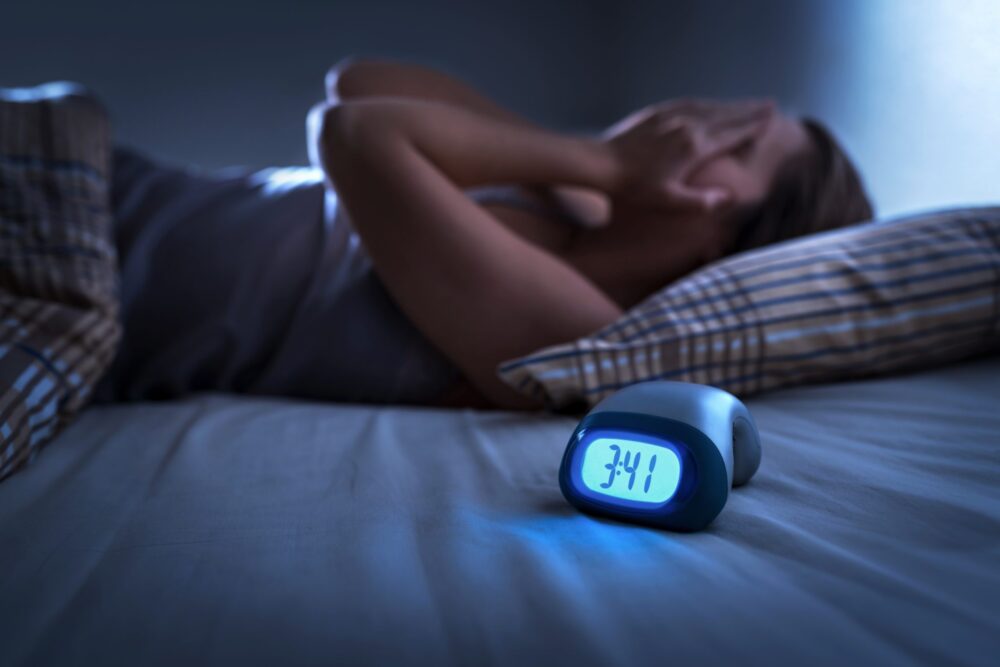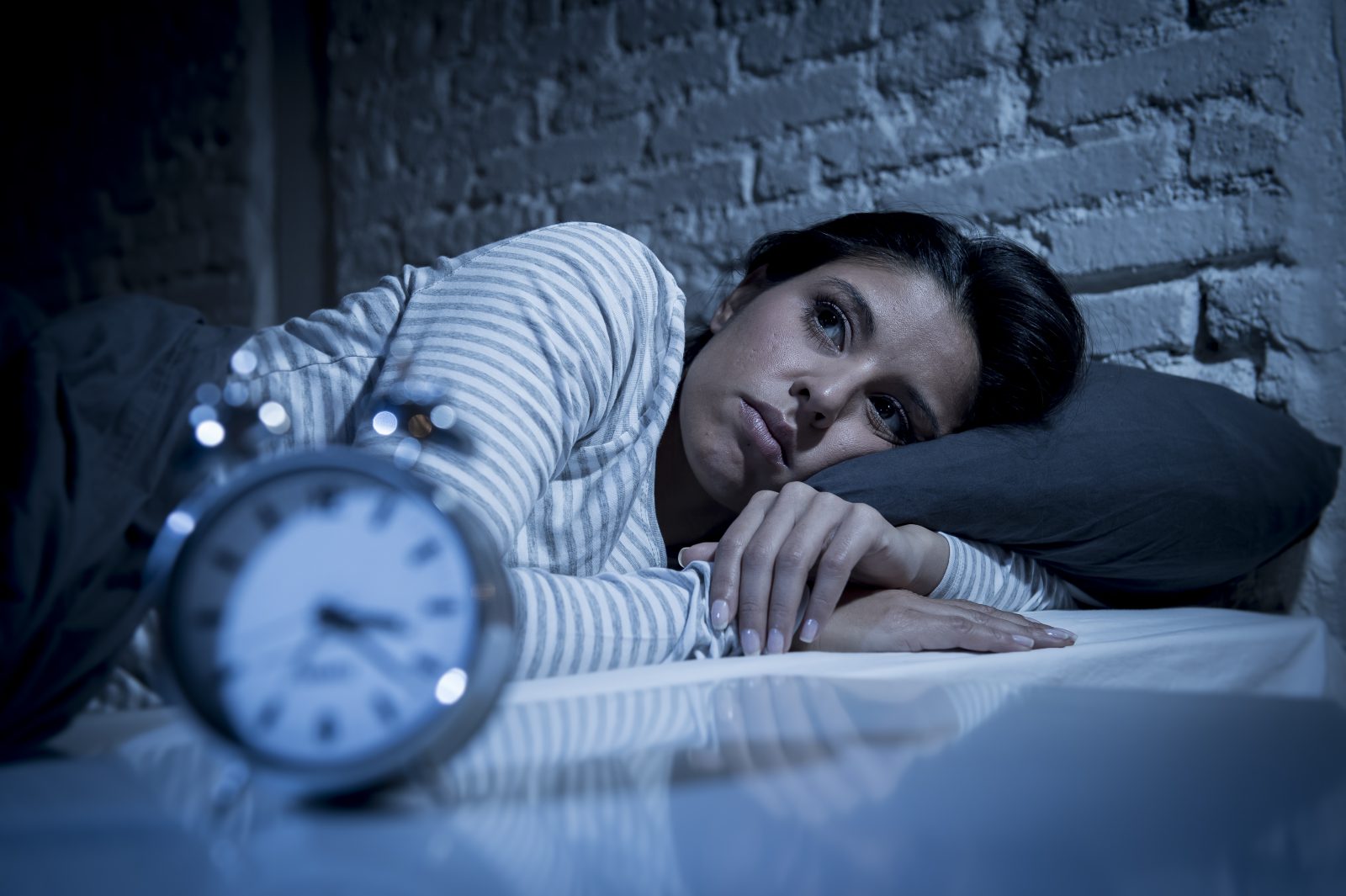
Insomnia
“Just” poor sleep or insomnia? Below you can read the difference. Do you suspect insomnia? Have it investigated further. We are happy to help you sleep better.
Everyone has to deal with periods in which people sleep poorly or when they cannot fall asleep. Approximately 1 in 3 people regularly suffer from this type of sleeping problems. But usually these problems are temporary and they will naturally resolve. We speak of this condition when the symptoms are not incidental and last longer than three weeks. We call this phenomenon insomnia. Long-term sleeplessness can have a major impact on a person’s well-being.
What are symptoms of insomnia?
People suffering from this condition suffer from one or more of the following symptoms:
- Having trouble falling asleep
- Waking up regularly at night and then having difficulty sleeping
- Waking up too early in the morning
- Getting tired easily
- General fatigue or sleep attacks during the day
- Irritable memory and concentration problems
- Sleep on average shorter than 5 hours a night
There are different types of insomnia
- Paradoxical insomnia
With paradoxical insomnia, people think that they will sleep briefly, but in reality it does not seem to be so. The number of hours that people sleep is longer than people themselves estimate.
- Psychophysiological insomnia
With this condition, people are convinced that he / she cannot sleep or fall asleep, so that it really does not work. You fail to fall asleep in a normal way and the more you do your best to go to sleep, the more awake you stay. A sleep ritual, such as closing curtains and brushing teeth, is confronted with another bad night. This can lead to anxiety and hypernervosity. At times when you are not busy trying to sleep, such as watching TV or reading, people fall asleep.
The core of psychophysiological insomnia is to have taught oneself, although unknowingly, of a negative sleep behavior.
- Insomnia due to poor sleep hygiene
Poor sleep hygiene means that people cannot fall asleep properly due to bad habits or circumstances.
- Idiopathic insomnia
With idiopathic insomnia there is no clear cause of the symptoms. This diagnosis is made when there are no other causes for the insomnia.
What are the consequences?
Sleep deprivation can have serious consequences. People are very tired during the day, easily irritated and not alert. People are often more emotional due to sleep deprivation. All in all, sleep deprivation can lead to a considerable limitation of daily functioning. In the longer term, sleep deprivation can lead to depression and anxiety disorders.
How is the diagnosis made?
On the basis of special questionnaires and a sleep study, it can be determined whether there is insomnia and what form.
Which treatments are possible?
Once the cause of the insomnia has been determined, specific treatment can be started. Sometimes practical sleep advice is simply enough. But cognitive behavioural therapy can also be advised. The doctor can also prescribe temporary sleep medication.
What can you do about insomnia yourself?
The Ruysdael Sleep Clinic has listed a number of tips that can help you fall asleep and sleep through. Do not try all the tips at once, but choose the one that suits you best.
Do you have any questions?
